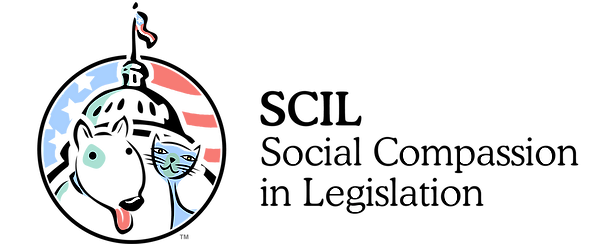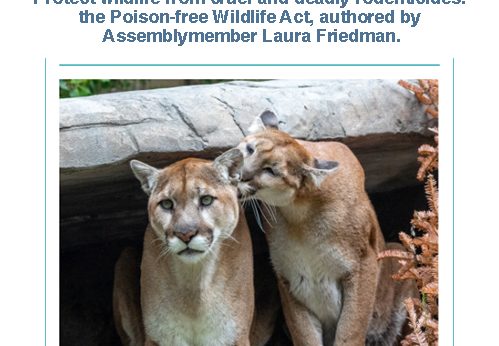IPCC Report Issues “Code Red for Humanity,” Climate Catastrophe Unavoidable Without Radical Action
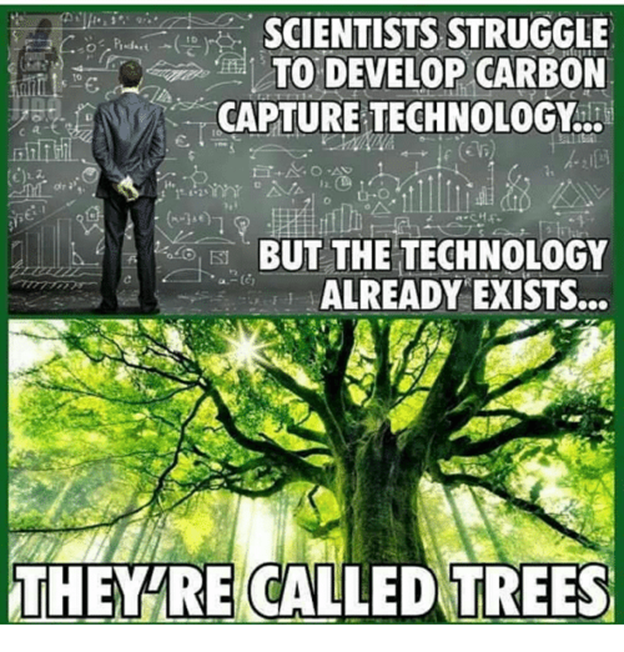

SCIL sponsored bill highlights connection between protecting animals and solving climate change
Many people are in despair and anxious seeing the climate news around the world. And yesterday the verdict came down from the U.N.’s Intergovernmental Panel on Climate Change in their Sixth Assessment Report that justifies those feelings by confirming what we have known about climate change and the dire direction that our beautiful planet is on.
The report outlined with hard data how human activity, without a doubt, is the cause of climate change which is having drastic effects and will only get worse without equally drastic measures. One alarming statement in the “Summary for Policymakers” read, “Many changes due to past and future greenhouse gas emissions are irreversible for centuries to millennia, especially changes in the ocean, ice sheets and global sea level.”
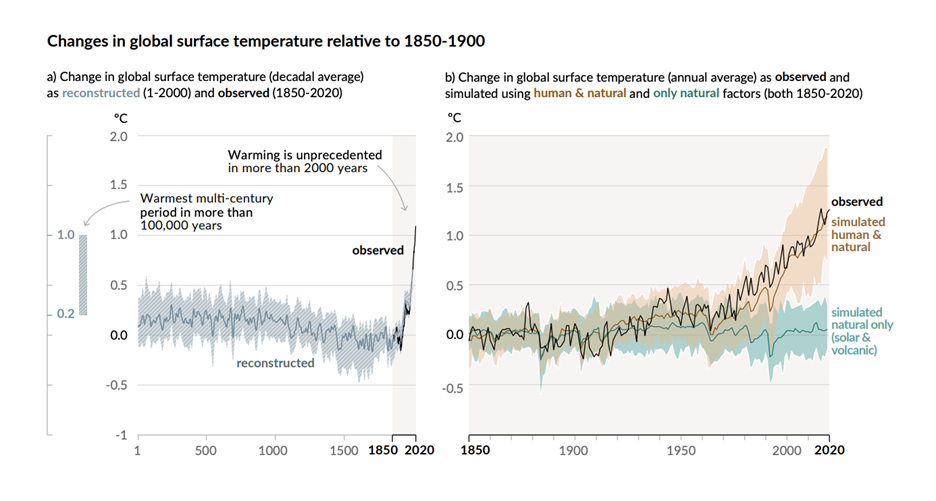
California’s annual catastrophic fire season is the new normal, with the current Dixie fire being the 2nd largest in our state’s history while still only being 21% contained.
Meanwhile, California’s water resources are depleted to such a level that authorities are being forced to ration water rights. Fires are now afflicting Greece, Turkey, Italy, and other places where just a short time ago forest fires were a rarity. We have seen devastating floods in Germany, Japan, and other countries. And these are just a few of the stories we are seeing around the world.
Where does the protection of animals intersect with fighting climate change?
We advocate for policy that supports plant-based farming (AB 1289) and diets (SB 1138) because our industrial animal agriculture system is horribly cruel to the animals that move through it on their way onto our plates. But we also advocate for a plant-based diet to fight climate change and biodiversity protection. (And yes, also for our health, which we won’t get into today.)
According to the Food and Agriculture Organization of the United Nations (FAO), the animal agriculture industry is responsible for 18% of all GHG emissions, with beef and dairy contributing to roughly 65% of the industries emissions. A telling statistic – if Americans swapped their beef consumption to legumes, aka beans, the decrease in GHG emissions would represent a staggering 46%, and up to 74%, of the United States’ 2020 TOTAL emissions reduction goals.
The positive results of reducing animal ag in favor of plant-based ag don’t stop with decreases in GHG emissions, but also have huge water usage benefits. Check out the chart below which shows how little water per kilocalorie is needed to grow starchy roots, such as potatoes, beets, and squash, and pulses (yes, another name for beans!) in comparison to meat and dairy. Even nuts, which use relatively high amounts of water compared to the other plant products, is dwarfed by water usage for beef (bovine meat) production.
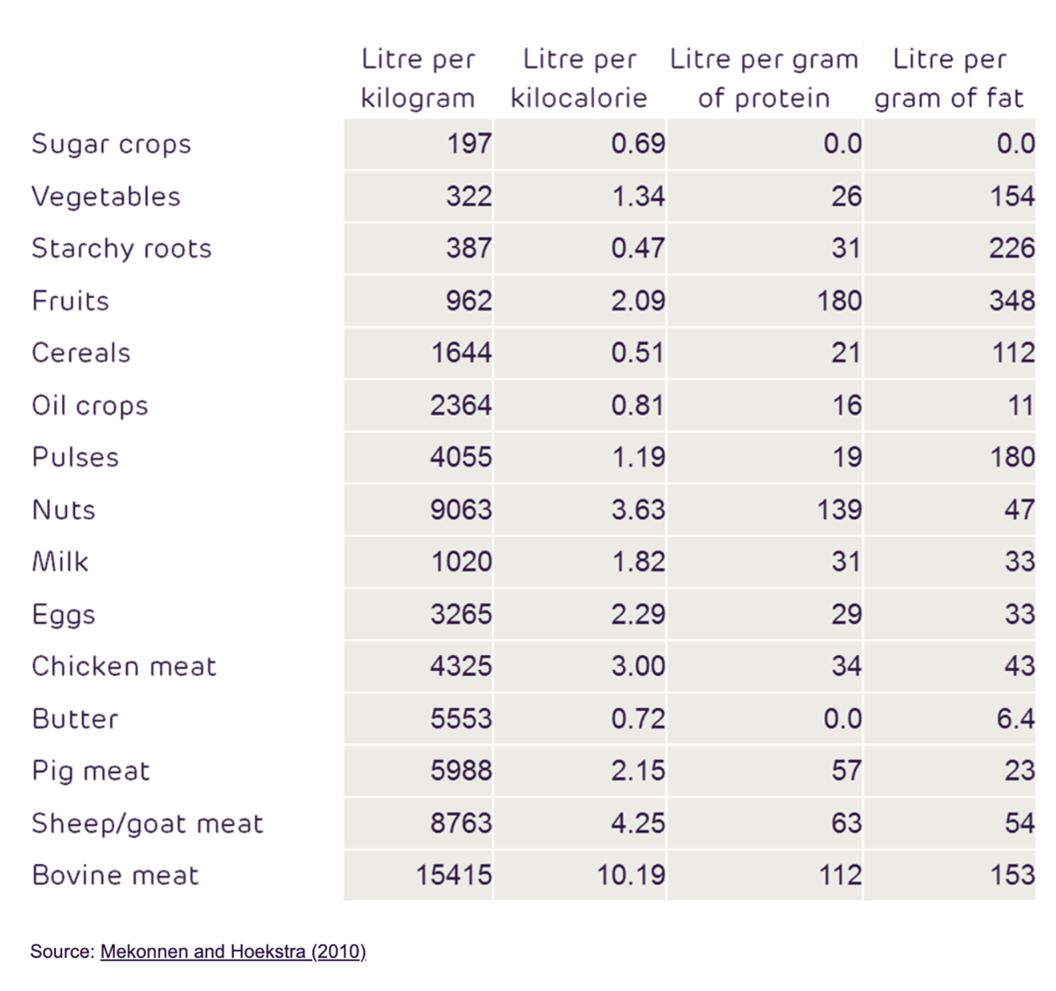
As we’ve written in previous emails, it is crucial to recognize that ~80-90% of California’s water footprint is associated with agriculture – with meat and dairy being the single largest contributor of water consumption. Livestock feed is the largest water consuming crop in California.

AB 416, the California Deforestation-free Procurement Act (Kalra)
As we approach the close of the 2021 California legislative calendar, we urge all of you to follow our alerts for action on AB 416, which will ensure that the purchases by our state government, aka state procurement contracts, of products that come from tropical regions do not contribute to deforestation and Indigenous rights violations. Saving the planet’s tropical forests is key to reversing climate change, but also key to saving millions of beautiful and wonderful species who depend on those forests for their habitat.
Passing AB 416 will not only help California’s state government be a responsible global consumer of products from tropical forests, such as palm oil, rubber, coffee, etc, but also uplift these protective policies for other jurisdictions to emulate. 84.6% of registered California voters support the policy of AB 416. Our state representatives must listen to their constituents and the science!
Meanwhile, many of our political representatives would rather ignore the problem.

Social Compassion in Legislation, as a 501(c)4, does not endorse political candidates, but we encourage all of you to look at candidates’ statements and voting record on climate change and the environment and what their approach would be to solving the issue. For an example, see how this California League of Conservation Voters’ scorecard illustrates Assemblymember Kevin Kiley’s poor voting record on climate change policy.
Thank you all for your continued engagement as we work to pass legislation that saves and protects animals and their habitats.
Please, consider making a donation to support our vital work, it is very costly to have a professional team of lobbyists working for the animals in Sacramento!
Best regards,
Nickolaus Sackett, Director of Legislative Affairs
Social Compassion in Legislation
